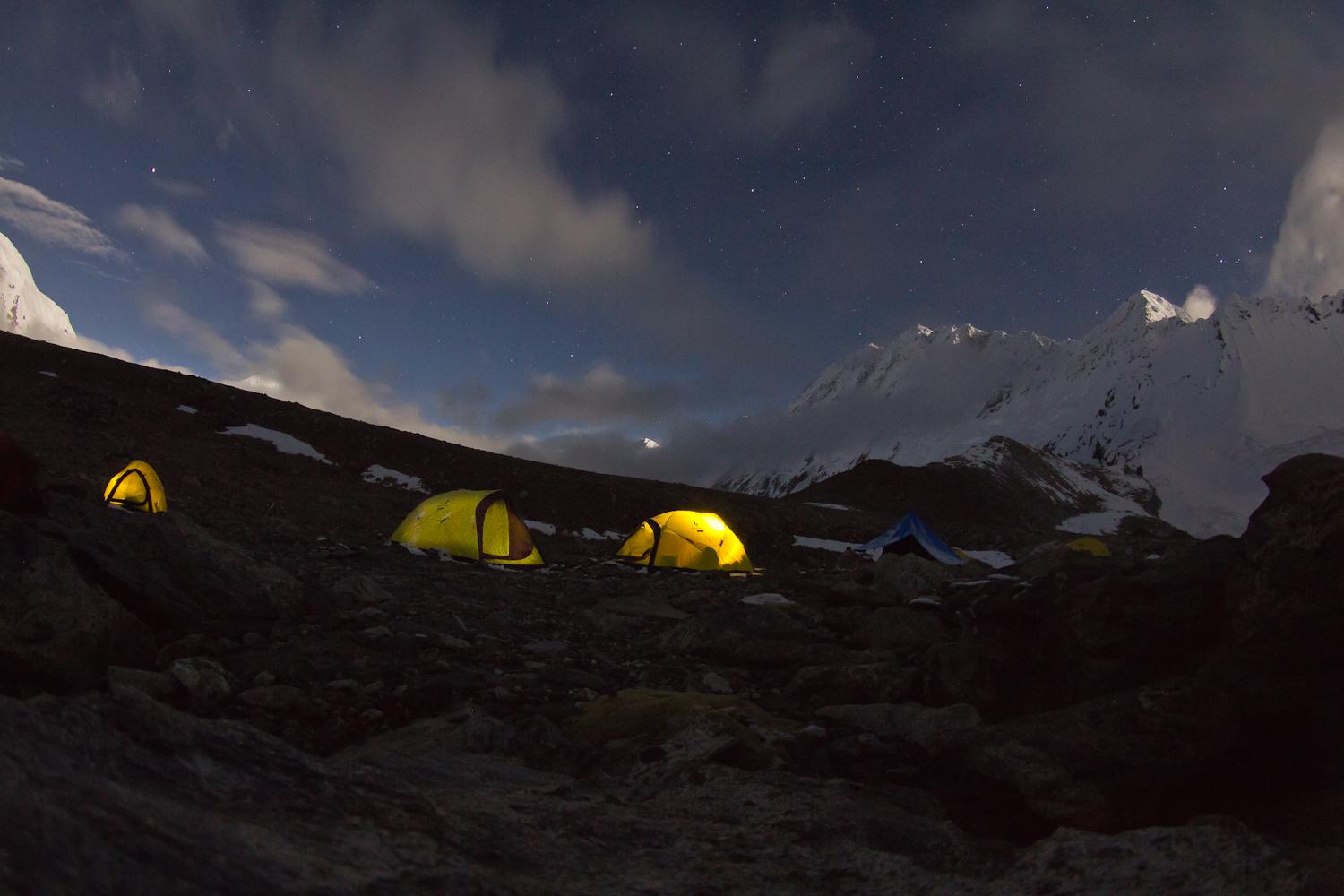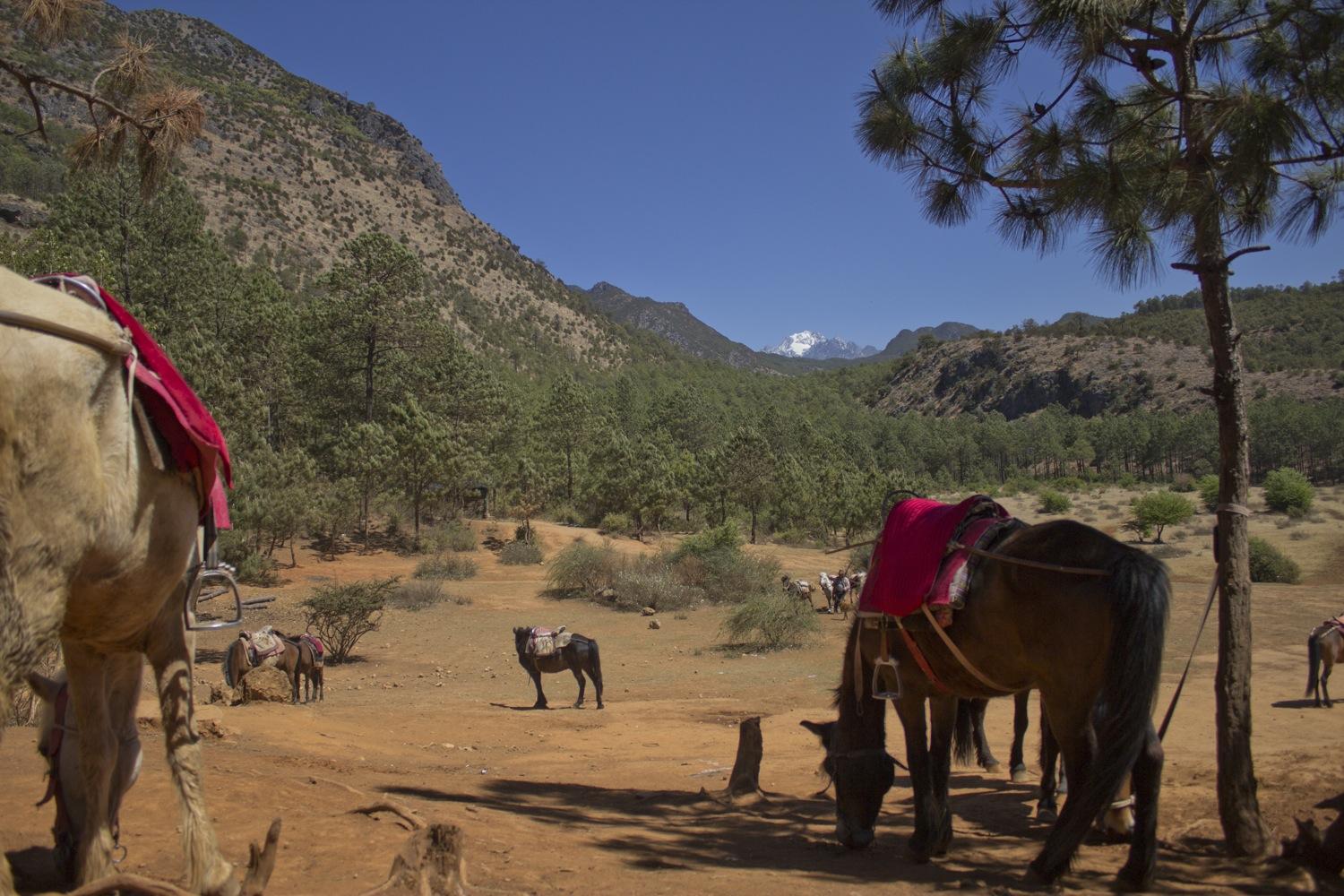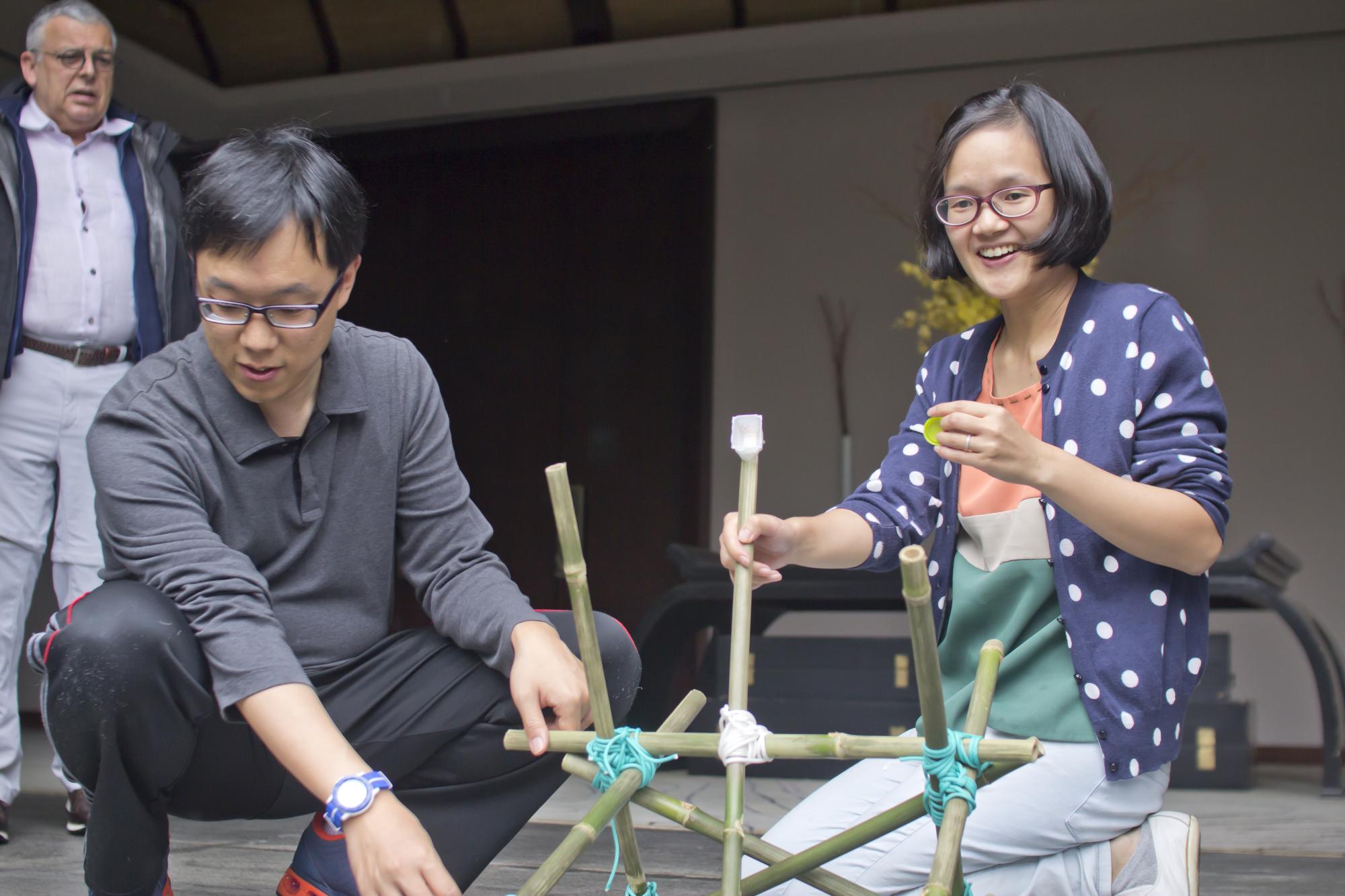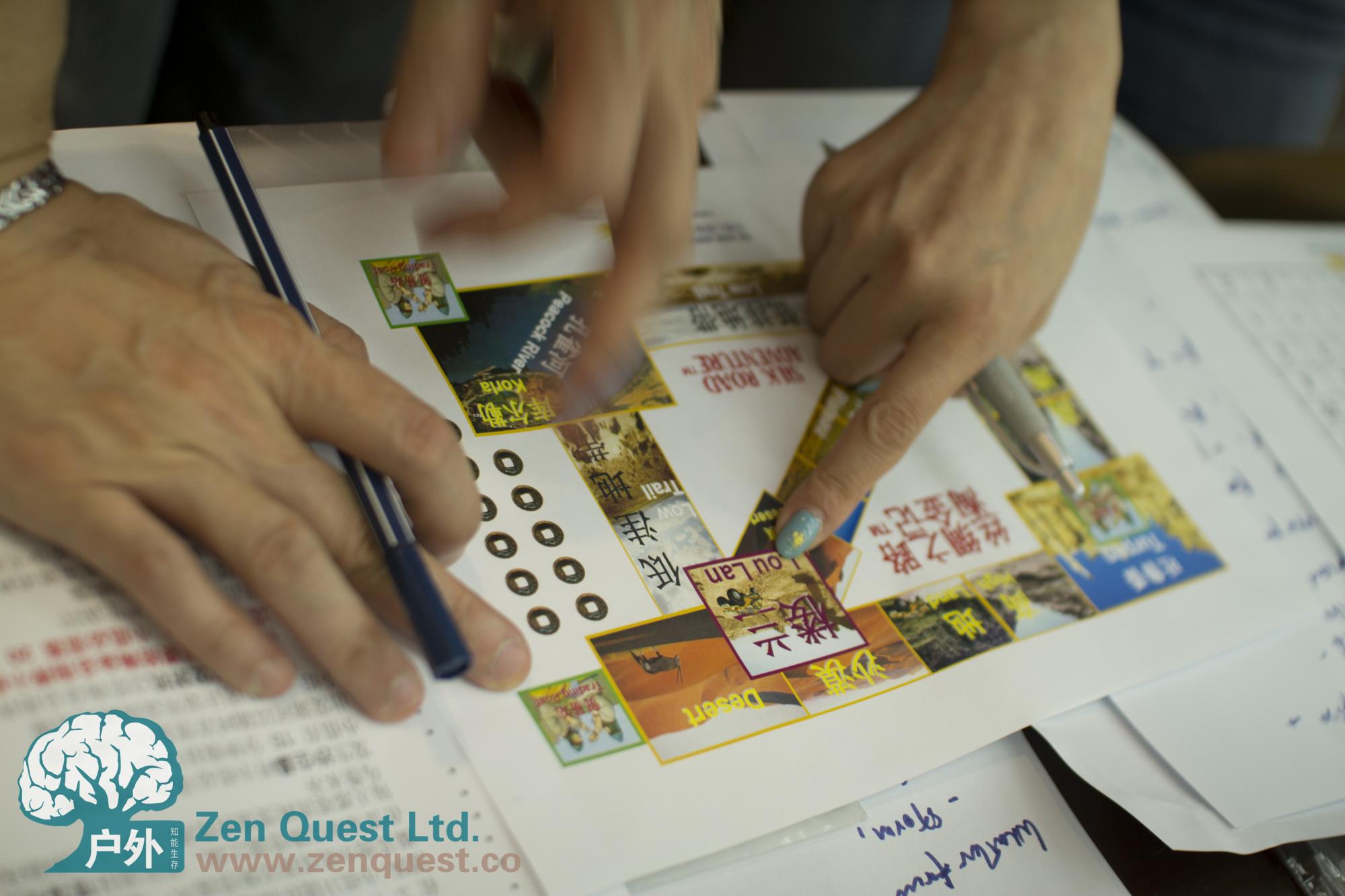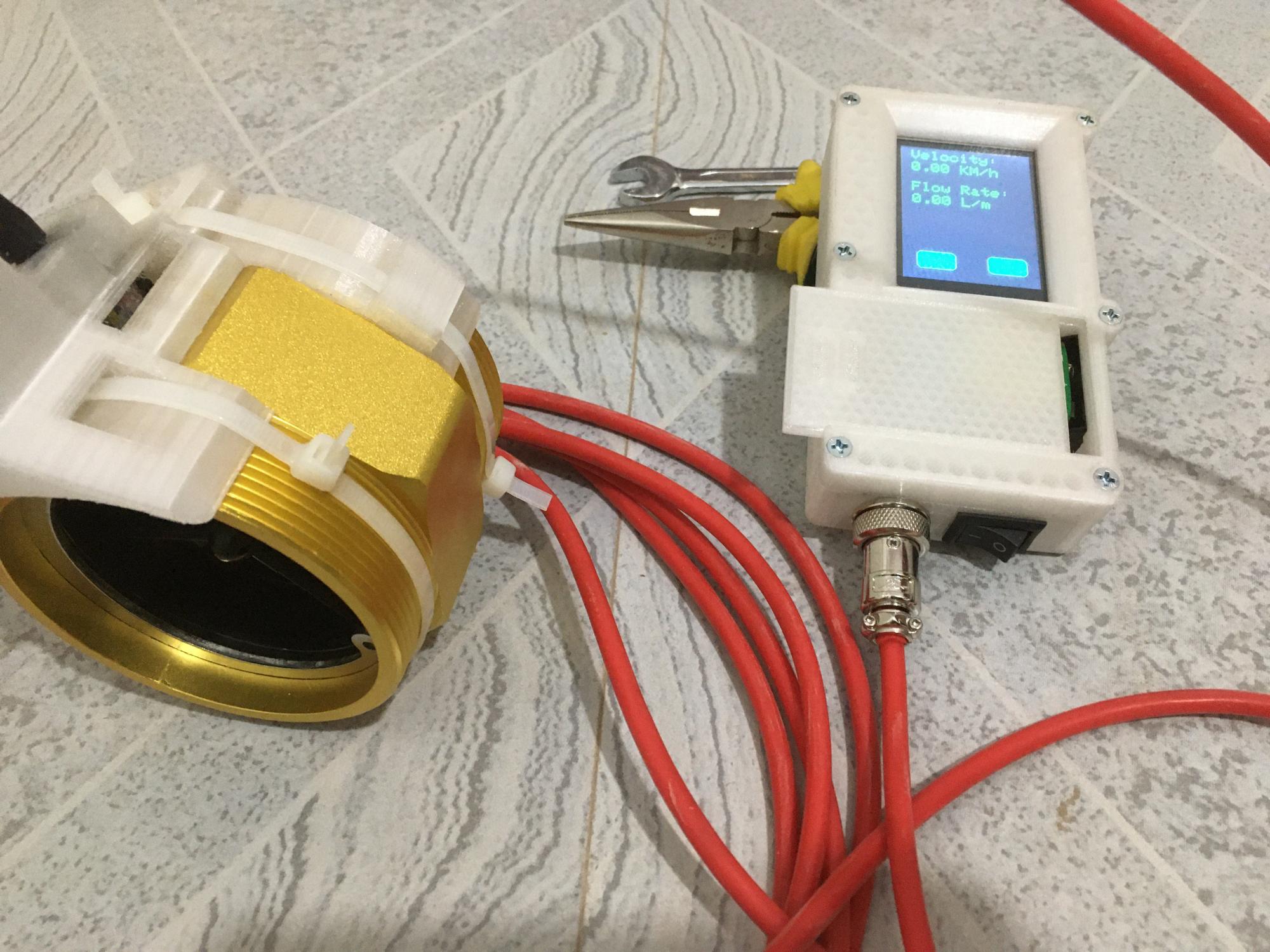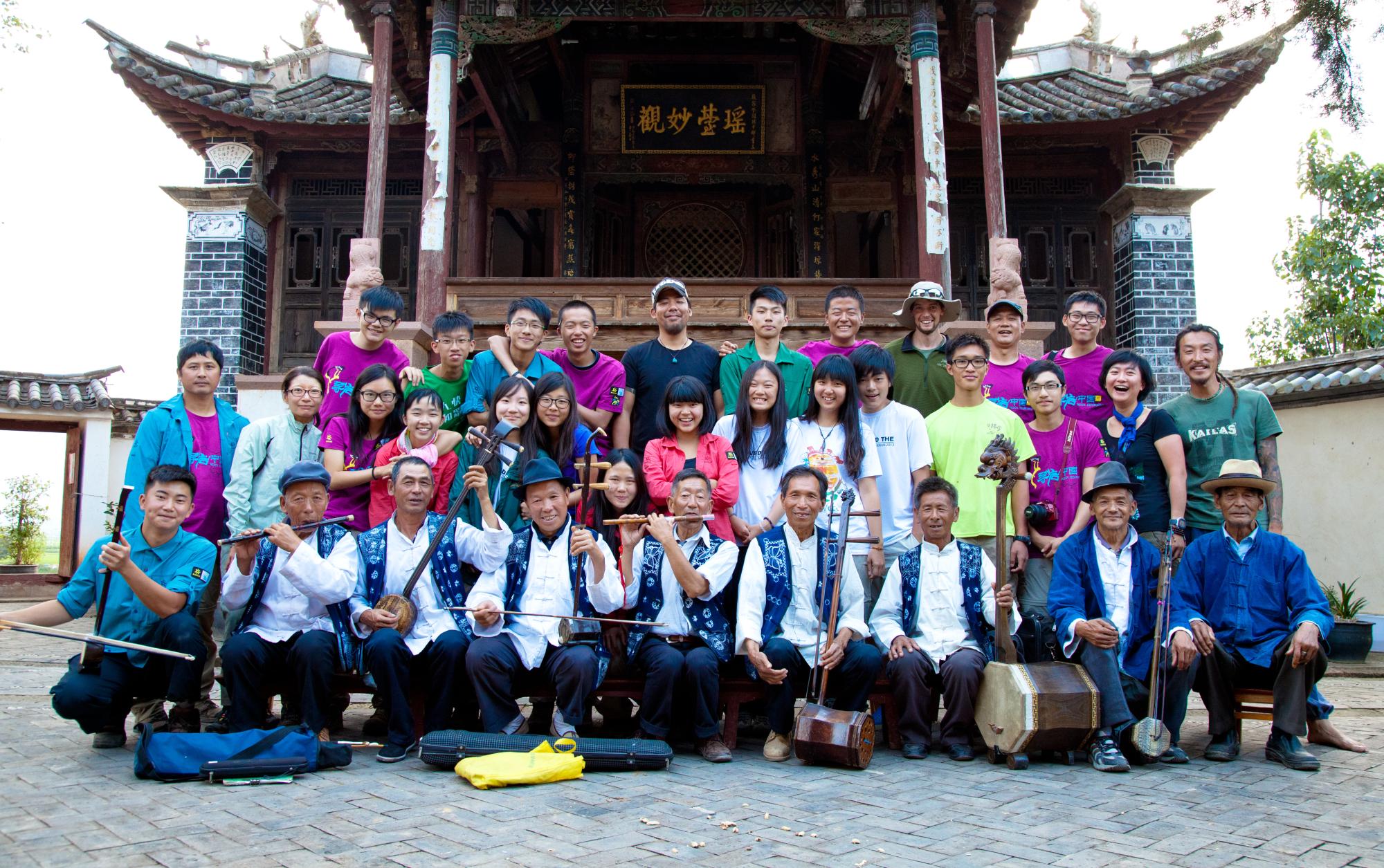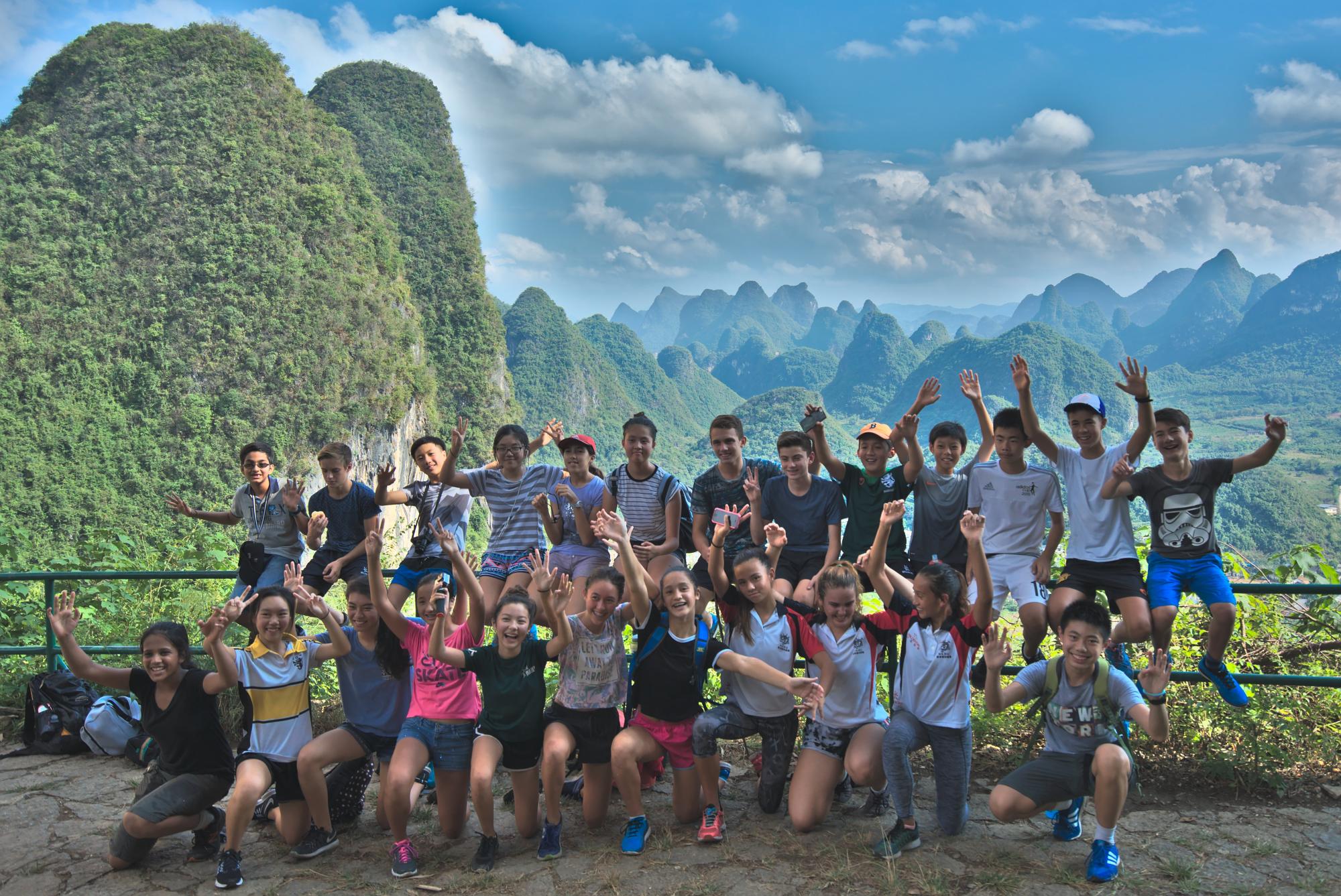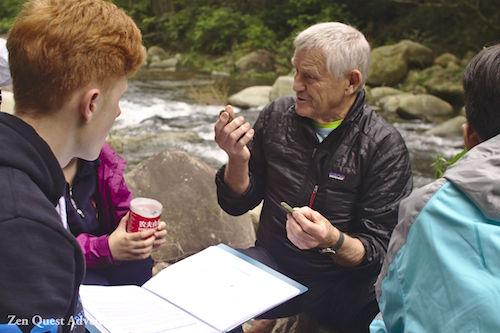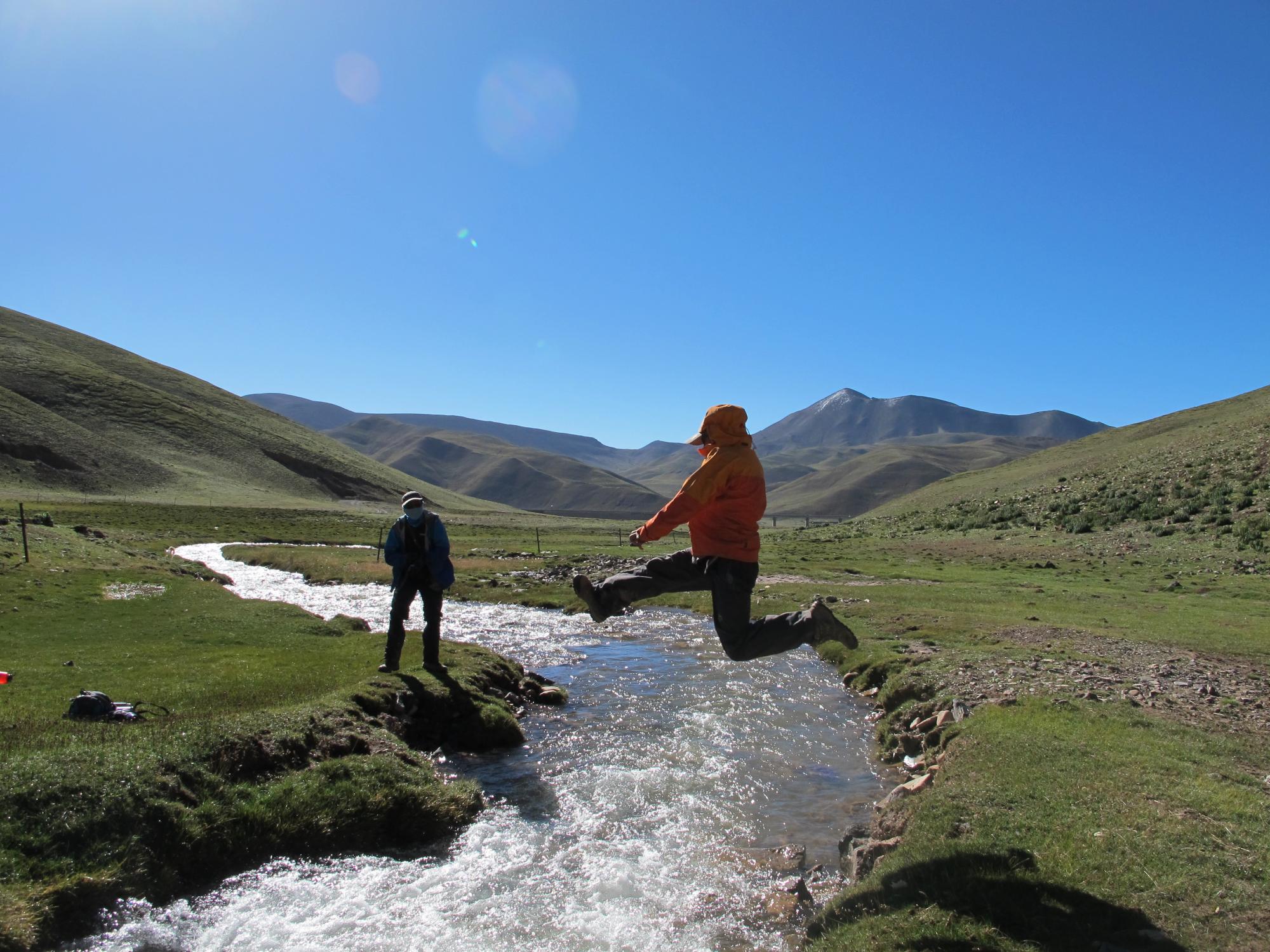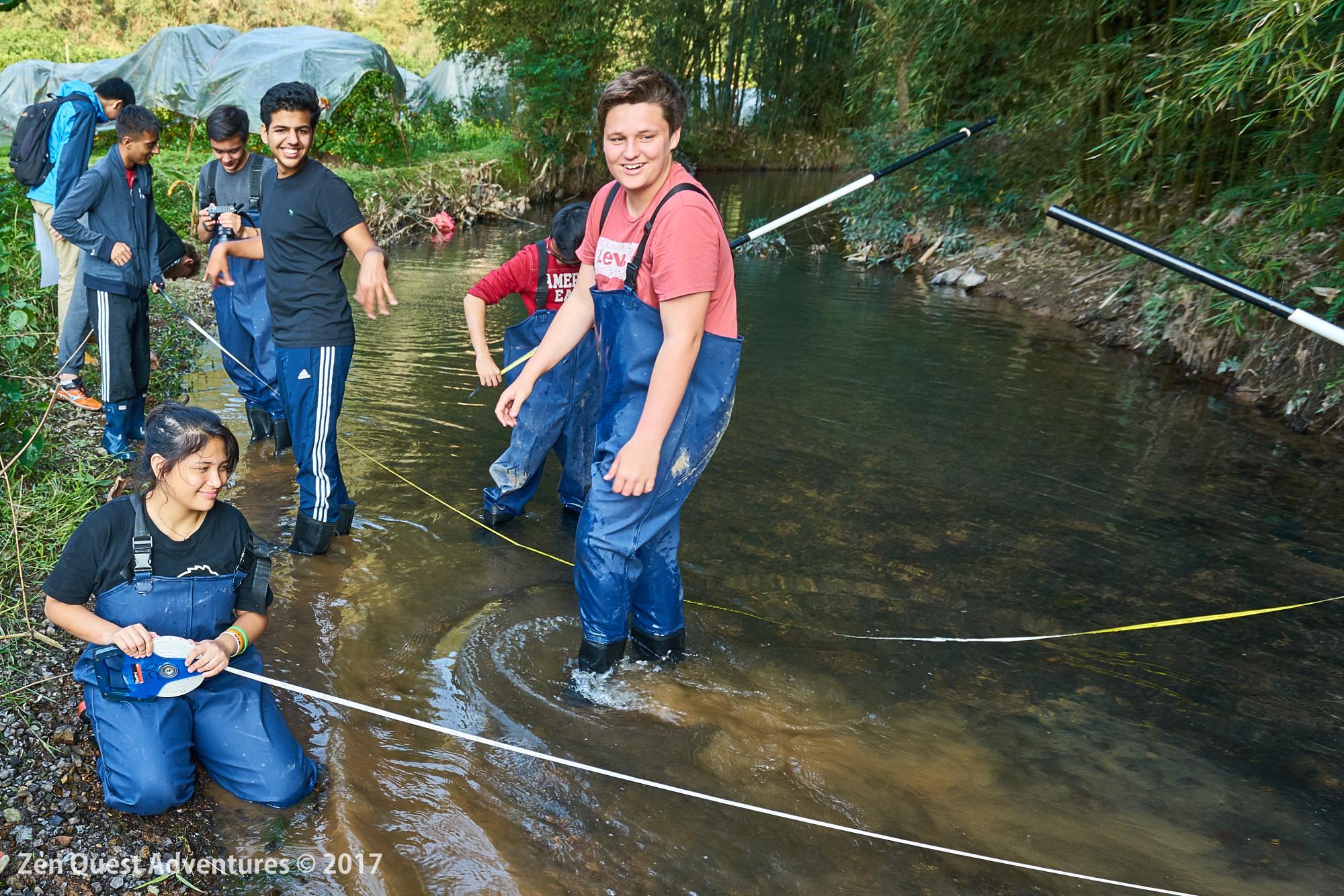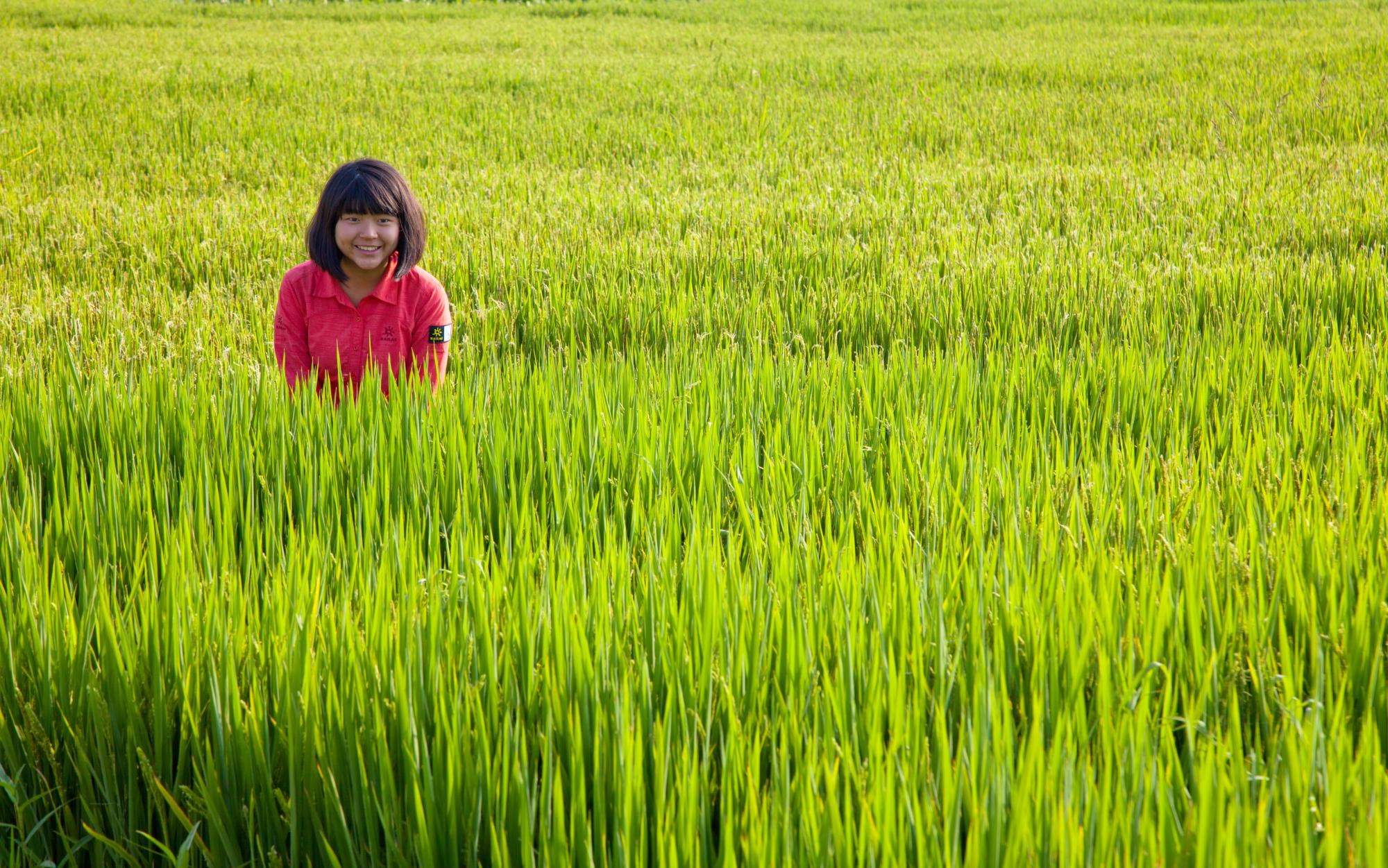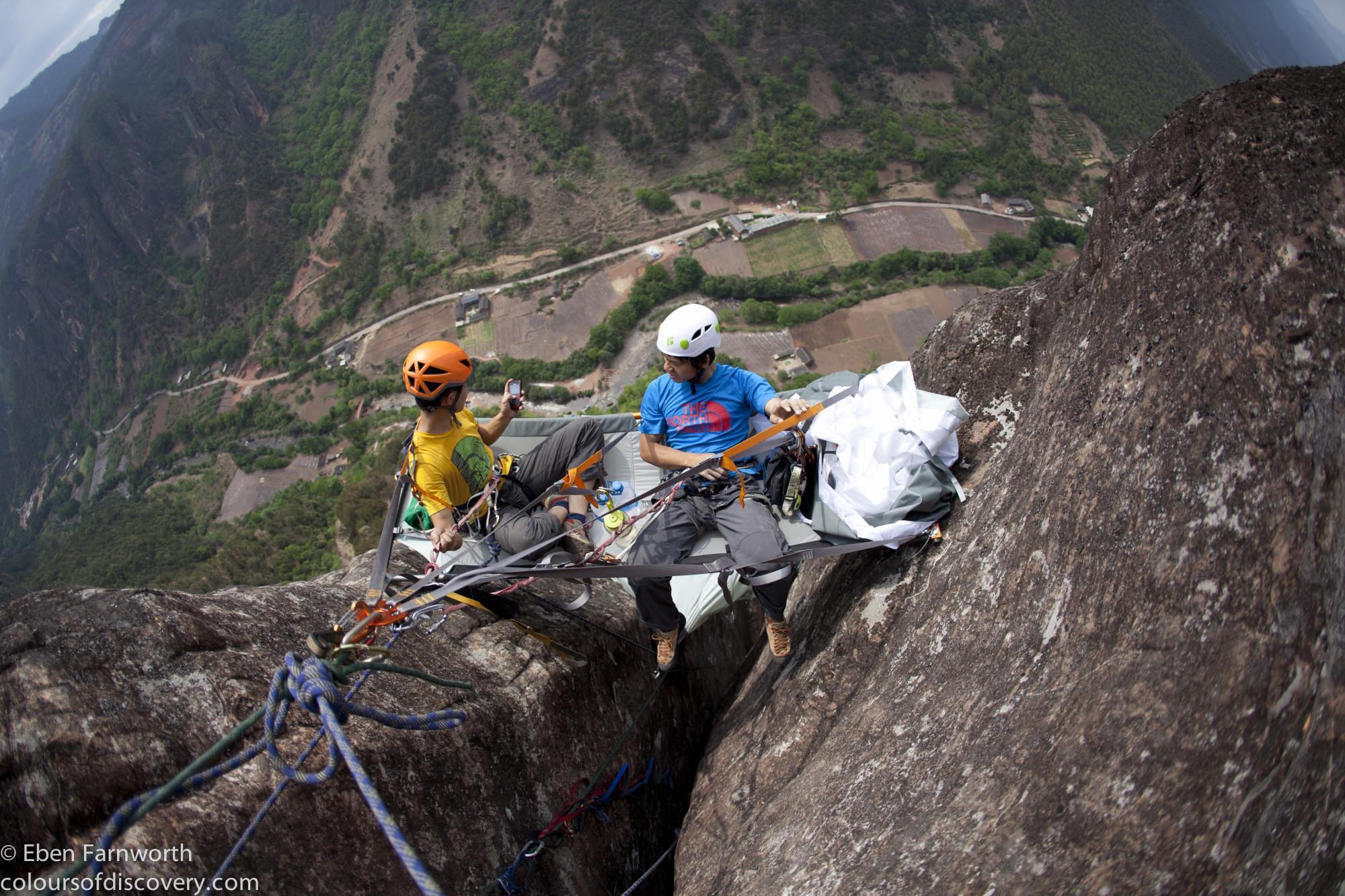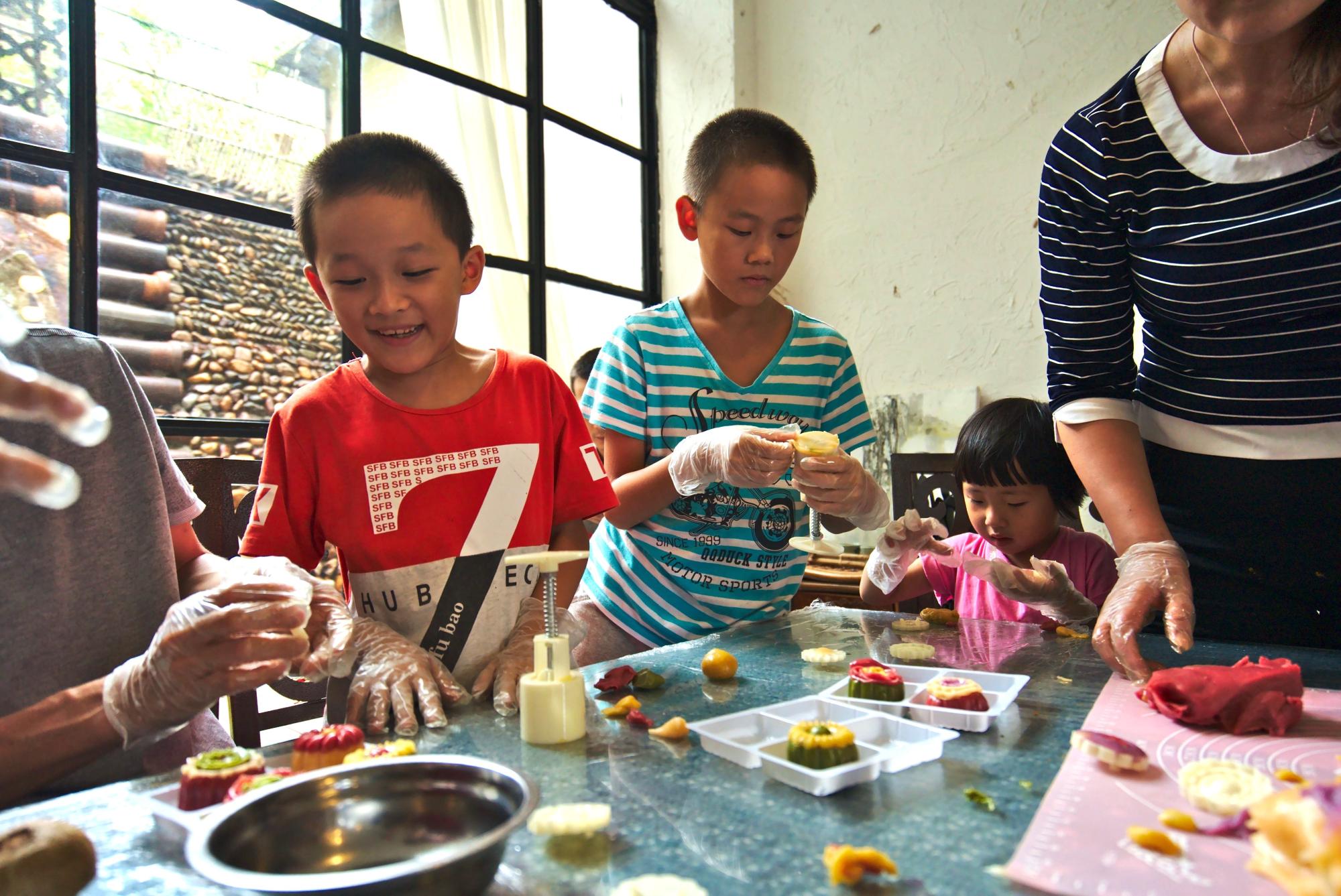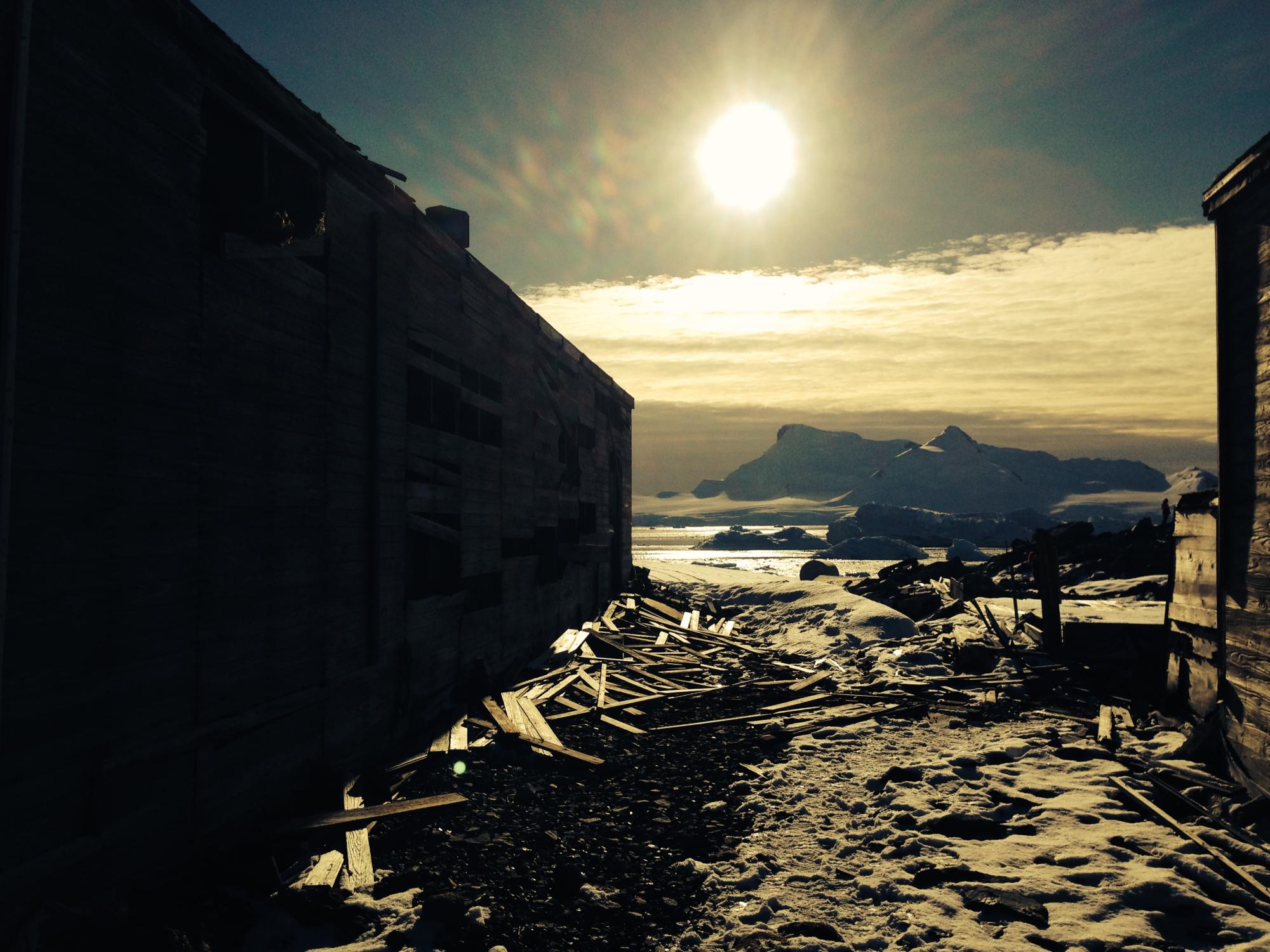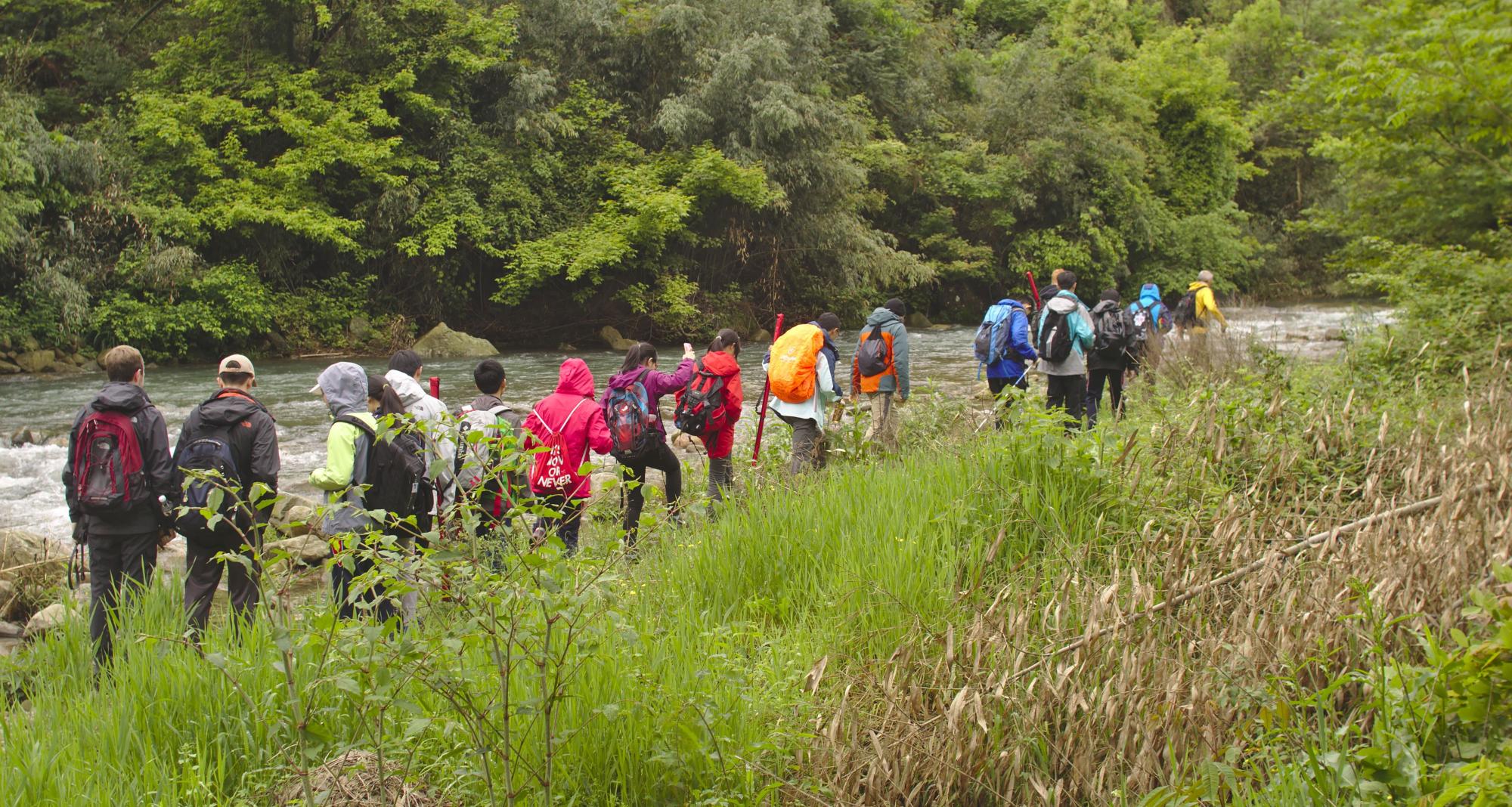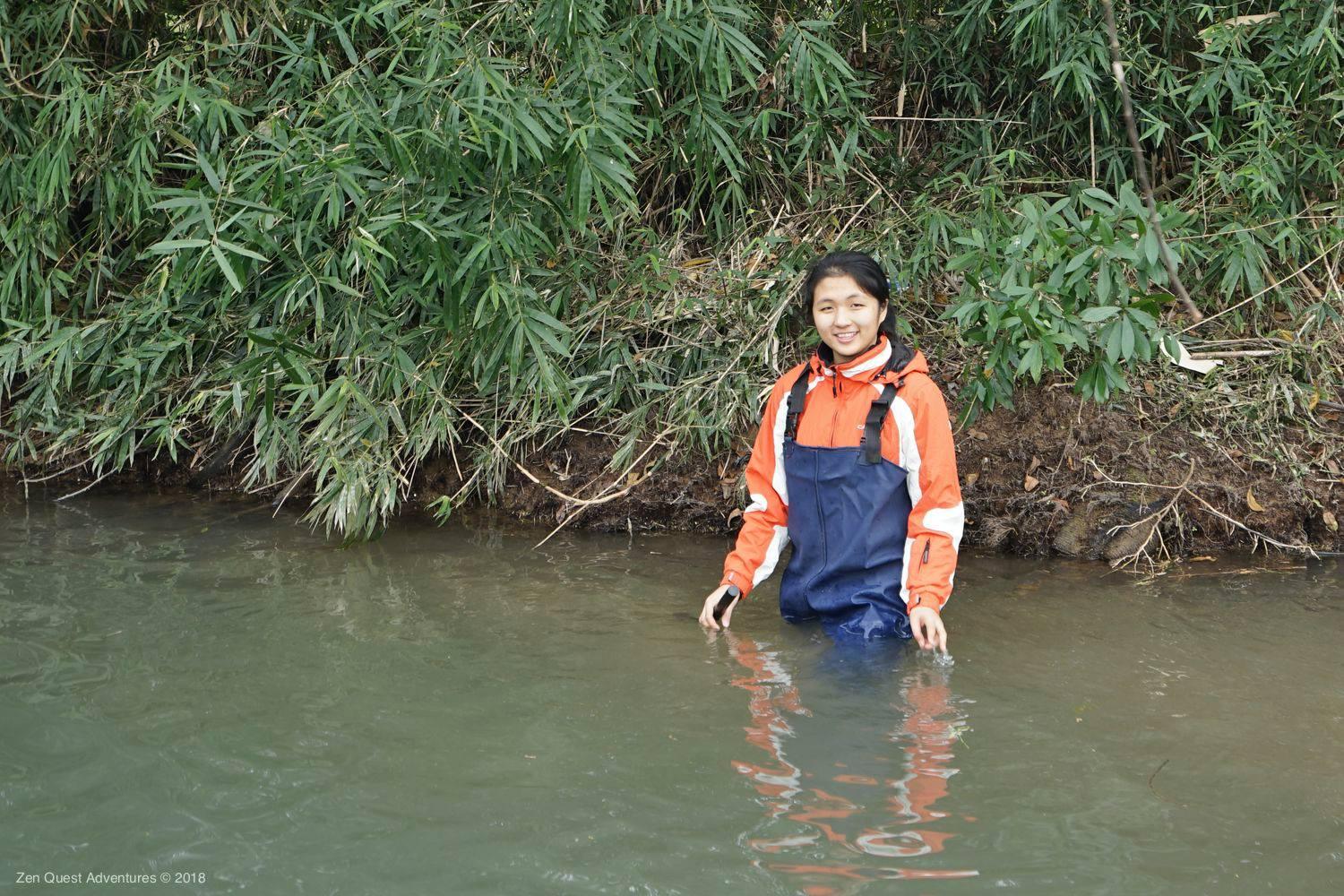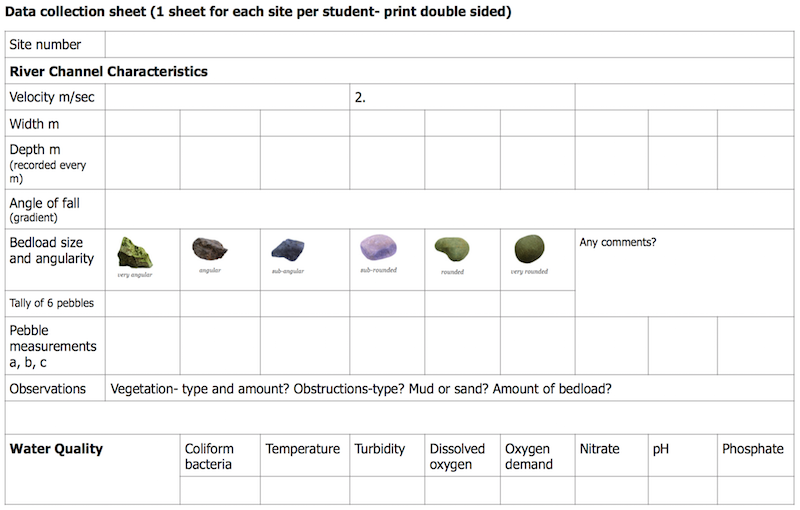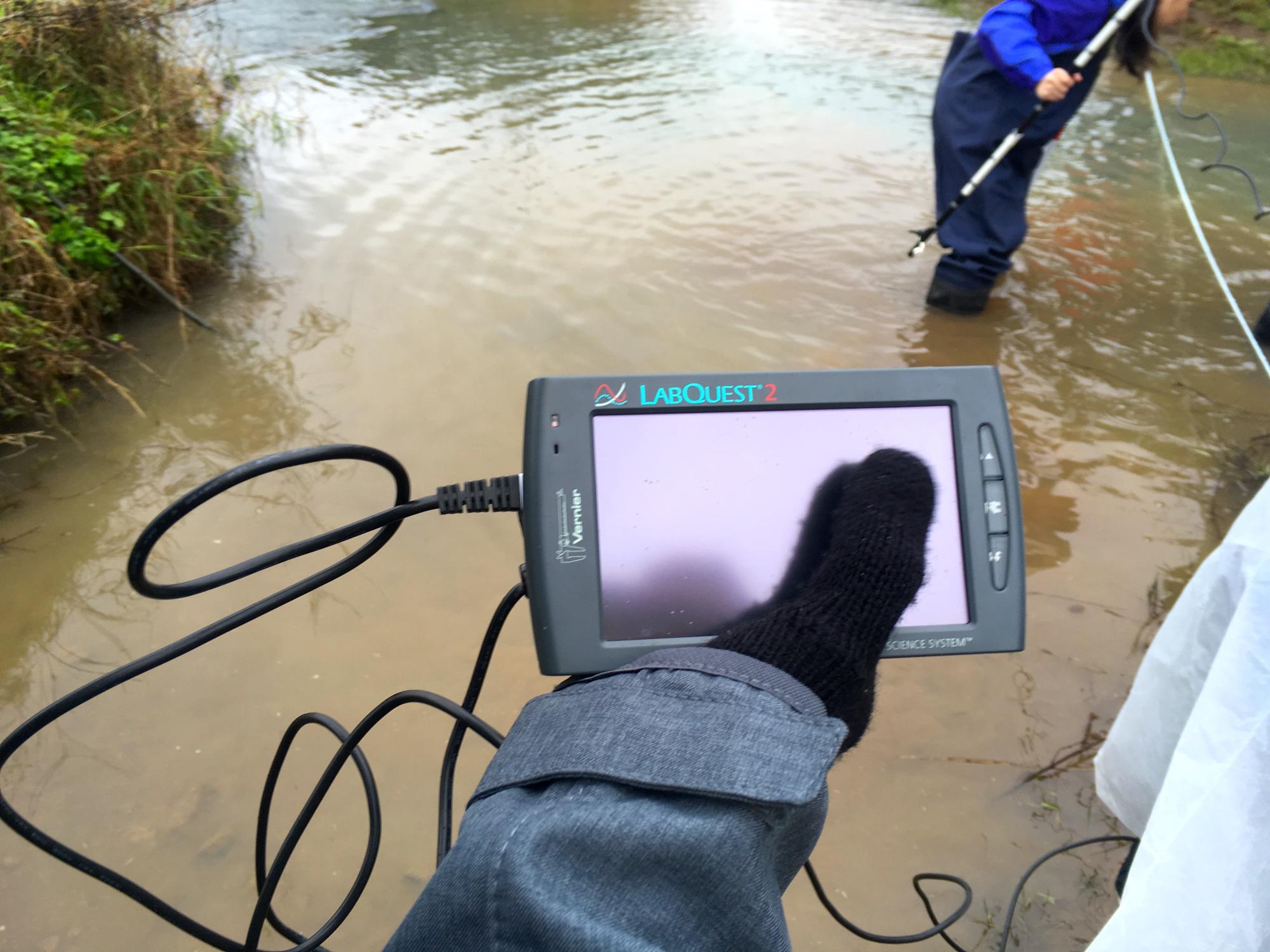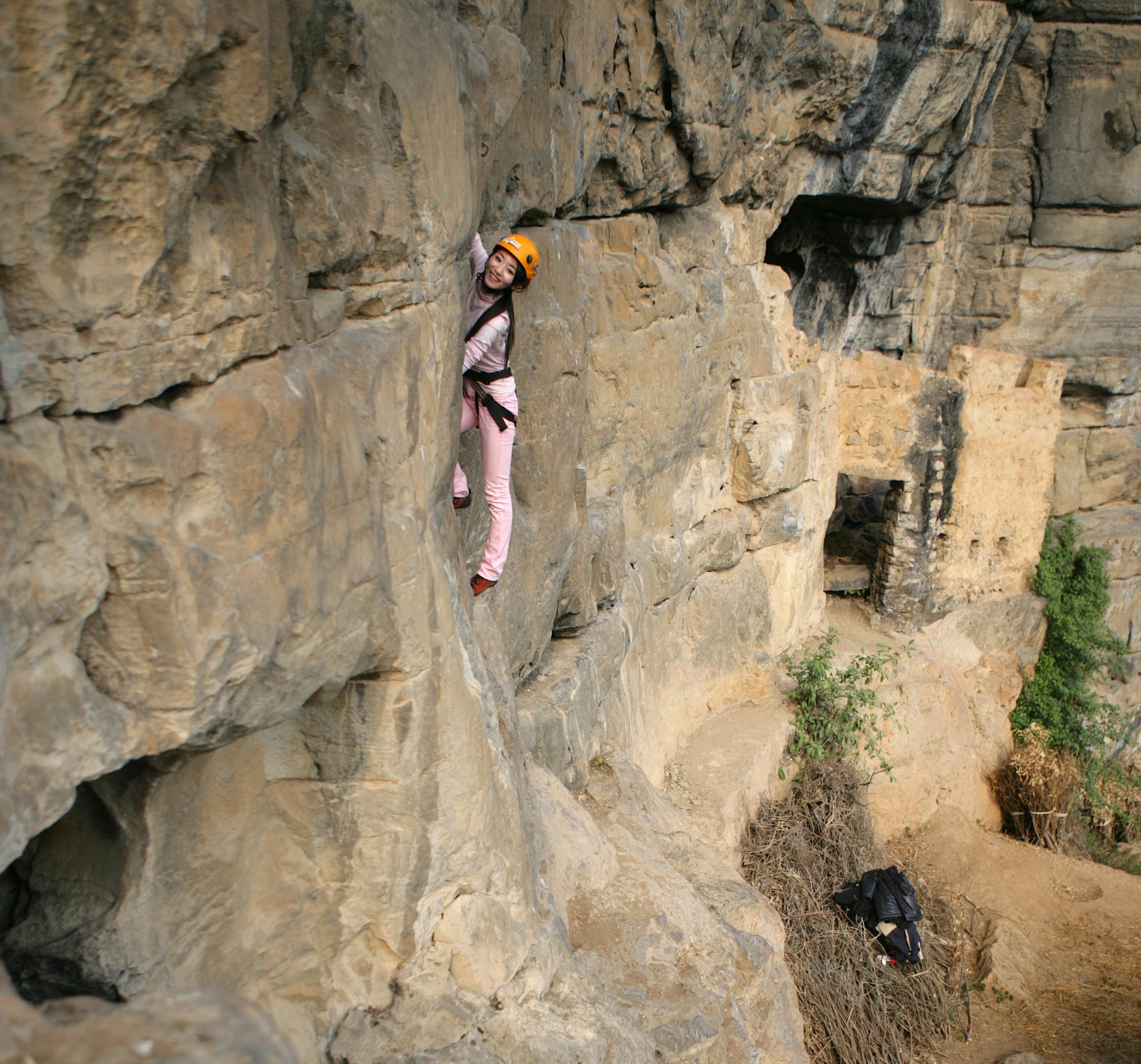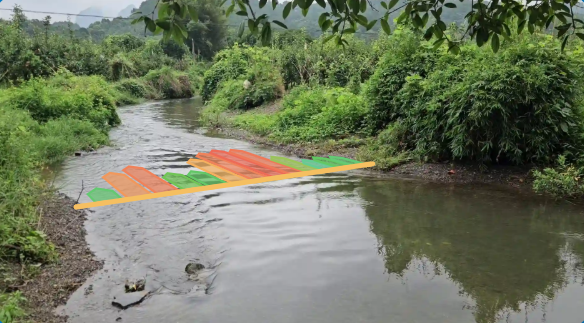Leadership training is an experiential process necessary in preparing students
to lead. However, much of the existing leadership framework are aimed primarily at educated adults who are in an institutional position vested with power. As such, it has limited application to the budding adolescent mind.
Early adolescence is a developmental stage marked by hormonal and physical changes in the body. As teens are dealing with the transition between childhood to early adulthood, this period is characterised by dramatic changes in identity, self consciousness and cognitive dexterity. Although many students are able to move beyond black and white thinking and begin to think in abstract terms, research have repeatedly demonstrated that students are more keen to learn about topics they can apply to real life, and some may reject the study of what they consider “academic subjects”. They prefer active over passive learning experiences, and value opportunities for interaction with peers during class.
Our 5-7 day program in Shaxi is specifically designed to cultivate the leadership qualities latent in all our students of this age. This is where the theory of servant leadership comes in.
“The servant leader is a servant first. It begins with the natural feeling that one wants to serve, to serve first. Then conscious choice brings one to aspire to lead. This is in sharp contrast to the person who is a leader first, perhaps because of the need to assuage an unusual power drive or to acquire material possessions.” (Greenleaf, 1970)
Accordingly the focus of our leadership program lies in cultivating our students’ intrinsic need and passion in serving others. What we mean by serving others is not the narrowly defined, rudimentary and trite “service learning methodology" prevalent in other service providers from our industry. Service is an umbrella term that encapsulates the very essence of passion, of initiating an idea and have the confidence and ability to carry the idea out into fruition. The motivation for so doing is to better the lives of others, the methodology in achieving so will require vision, communication, investment and above all camaraderie and shared passion. In the following we will seek to demonstrate how this could be done.
